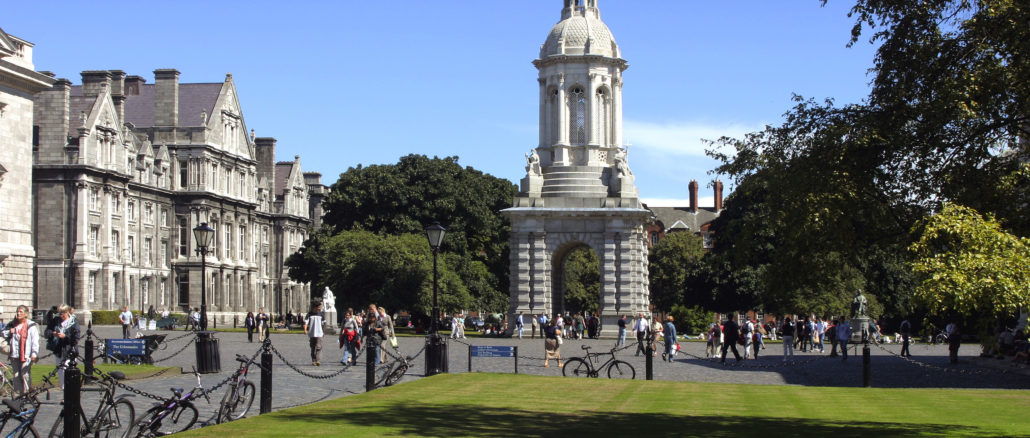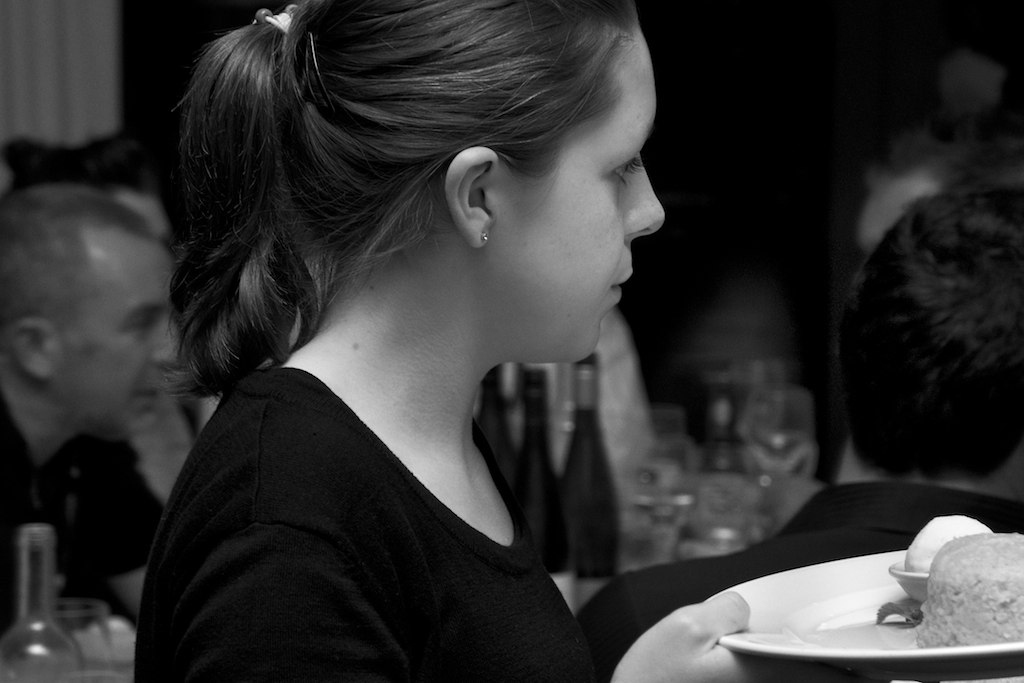
Trinity College has found itself in some hot water this week. After enduring scrutiny throughout the fall for delaying the return of in-person learning against the grain of most universities across the country, Trinity is now defending their use of old, pre-recorded lectures from last year to teach some modules this year.
A spokesperson for the university confirmed to the Irish Times this week that Trinity would upload one-year-old video lectures to Blackboard, Trinity’s version of Loop, to supplement teaching material.
“Some schools have long had a standard practice of recording lectures to make them available for students,” the spokeswoman said. “Many students have reported that they welcome the ability to review material in their own time.”
Some students agreed, telling the Irish Times that it can be easier to have a recorded lecture where students can pause and rewind at their pace. Others weren’t so inviting.
An Instagram page set up by Trinity students to campaign for face-to-face teaching posted about the revelation, saying it shows a “disregard for students’ mental health, education and well-being”.
The post added that the decision to reuse lectures is “imposing further burdens on students”, adding that it is “unjust that fees have not been altered to account for this”.
Students also voiced concerns that recorded lectures make asking questions or seeking clarification on class material unnecessarily cumbersome. Instead of simply raising their hand, a student taking a module through video must book an office hours visit with a lecture to have their question answered.
Trinity has established itself as one of the most conservative schools in the country when it comes to its re-opening.
The university currently enforces a limit of 150 students in a lecture hall at once, whereas DCU and UCD operate with a limit of 500 masked students in lecture theatres.
Trinity also made headlines earlier in the academic year when students took to the streets protesting against the university’s continued delay of in-person learning.
The Trinity spokesperson said, “[reusing lectures] has continued for some, by no means all, lectures, in no way contradicts the fact that intensive planning has been undertaken for this year to maximise face to face teaching in line with the relaxation of public health restrictions.”
The school also emphasised that the practice is primarily used for stem courses, like maths, which do not differ whatsoever in teaching material from one year to the next. Courses that require more adaptive teaching, like the humanities, continue to use in-person lectures.
Devin Sean Martin



